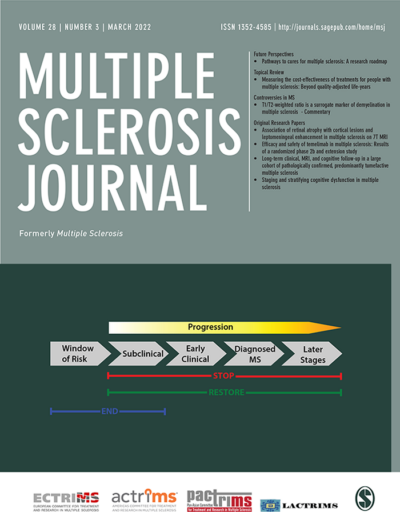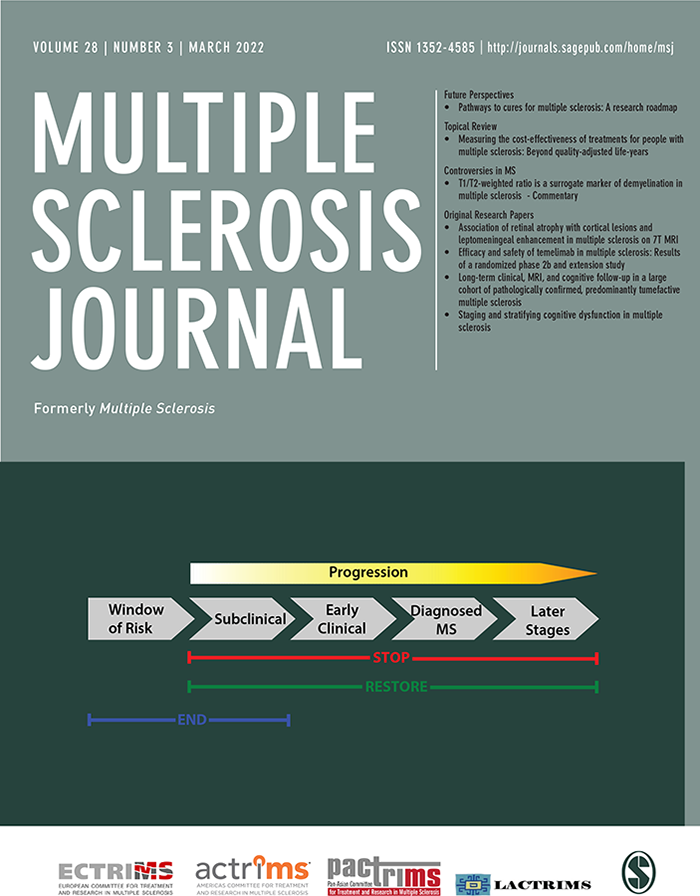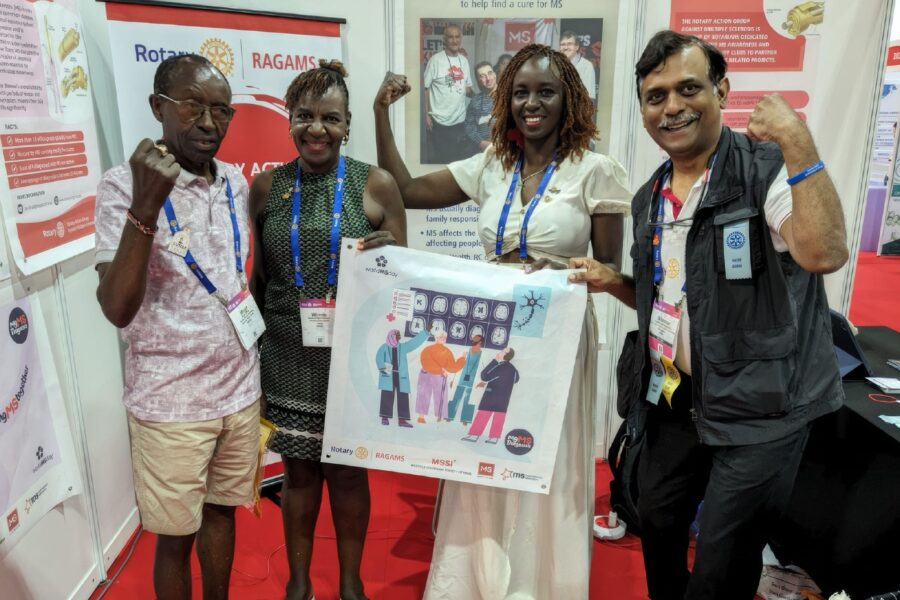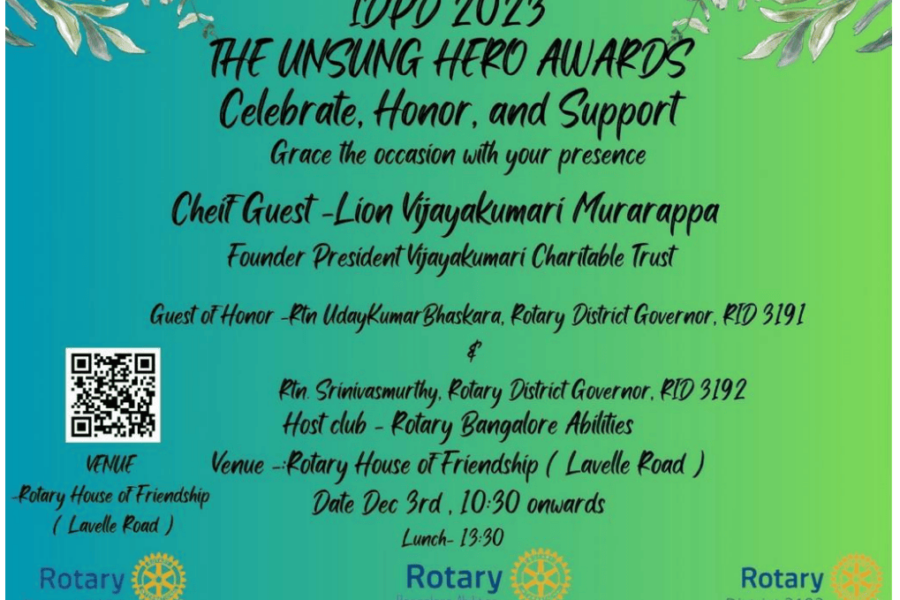Between January 7, 2024, and June 30, 2024, the Rotary Club of Gisborne actively participated in community fundraising efforts by managing the Bunnings Sausage Sizzle facility. This initiative was aimed at supporting RAGAMS (Rotary Action Group for Multiple Sclerosis) and showcasing the club’s commitment to service and community engagement.
Furthermore, Diana and Martin Taurins represented the club at the District 9800 Conference, held in Bendigo from April 12 to 14, 2024. During the conference, they took charge of the RAGAMS Exhibition Booth, which served as a dynamic platform to highlight the group’s mission and activities. The booth featured newly upgraded promotional banners and materials, designed to captivate and inform attendees. Their efforts significantly increased visibility and interest among the conference participants, fostering greater community connection and awareness of RAGAMS’ impactful work.
RC of Gisborne, RAGAMS and Australian Rotary Health
Jacob Taurins Memorial PHD Scholarship was awarded to
Mr. Zhe (Darren) by Australian Rotary Health.
The following is the project summary of the PhD, started in February 2024:
PROJECT SUMMARY
 Multiple sclerosis (MS) is the second most common cause of disability in young adults, and is associated with significant societal costs. It is a challenging autoimmune condition characterized by episodic inflammation that may lead to secondary neurodegeneration in the central nervous system (CNS). Twenty therapies are presently available for the treatment of this inflammation, but individual response to each of these therapies is highly variable. Timely initiation of the right disease-modifying therapy (DMT) is the cornerstone of successful therapeutic management as it plays a critical role in preventing further worsening of disability.
Multiple sclerosis (MS) is the second most common cause of disability in young adults, and is associated with significant societal costs. It is a challenging autoimmune condition characterized by episodic inflammation that may lead to secondary neurodegeneration in the central nervous system (CNS). Twenty therapies are presently available for the treatment of this inflammation, but individual response to each of these therapies is highly variable. Timely initiation of the right disease-modifying therapy (DMT) is the cornerstone of successful therapeutic management as it plays a critical role in preventing further worsening of disability.

Despite recent advances in MS pharmacotherapy, disability prevention in patients has remained challenging and often suboptimal. This gap between the capabilities of the presently available therapies and the at times suboptimal individual response to therapy is often attributed to the lack of understanding of factors that predispose individuals with MS to be good or suboptimal responders to concrete DMTs. Recent research has highlighted the potential of predictive algorithms that integrate clinical and biological data to guide treatment decisions in MS.
This doctoral research endeavours to propel the field forward by developing an enhanced predictive algorithm – “Crystal Ball 2.0.” This innovative algorithm integrates builds on its first version, which demonstrated that individual response to the commonly used DMTs can be predicted, albeit to a limited extent, based on patients’ clinical and demographic characteristics. During this PhD, I will further develop this predictive algorithm by incorporating novel biomarkers, aiming to augment the precision of predicting individual responses to DMTs. The study is a collaborative, multi-site effort spanning Australia, Sweden, Switzerland, and the Czech Republic. Leveraging diverse cohorts and advanced statistical techniques, the project will refine the first version of the Crystal Ball predictive model of individual treatment response by:
- standardising the predictive algorithm so that it can be applied in a general clinical setting
- exploring causal effects of therapies in individuals (in place of reporting mere associations)
- incorporating novel candidate biological markers of response to MS therapy (brain MRI, concentration of vitamin D in the blood and concentration of neurofilament light chain [a product of neuronal breakdown] in the blood), and assessing the generalisability of the algorithm in additional cohorts.
The overarching objective is to facilitate more accurate and effective personalized therapy for individuals with MS. The project seeks to mitigate the worsening of disability and thus elevate the overall quality of life among people living with MS through precision-led choice of MS therapy.



